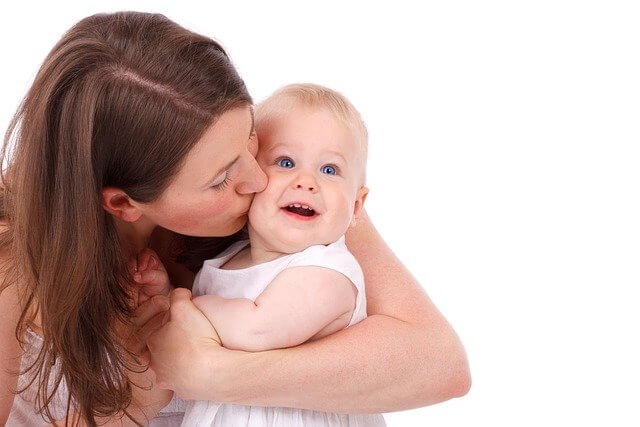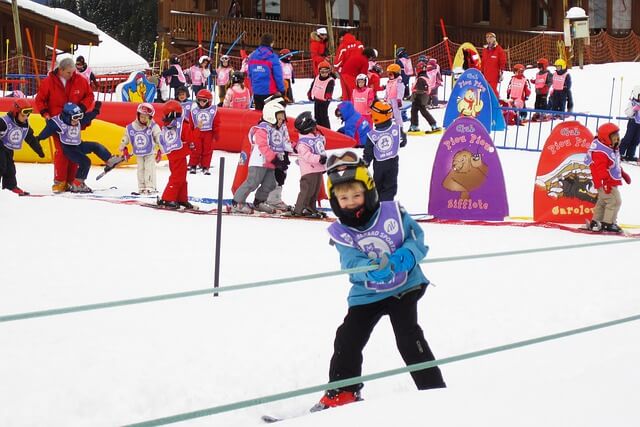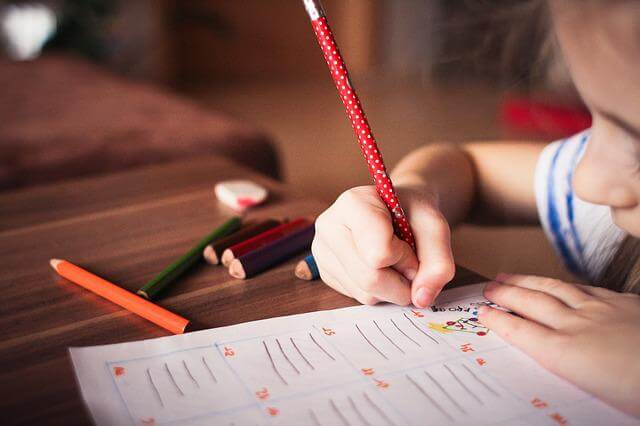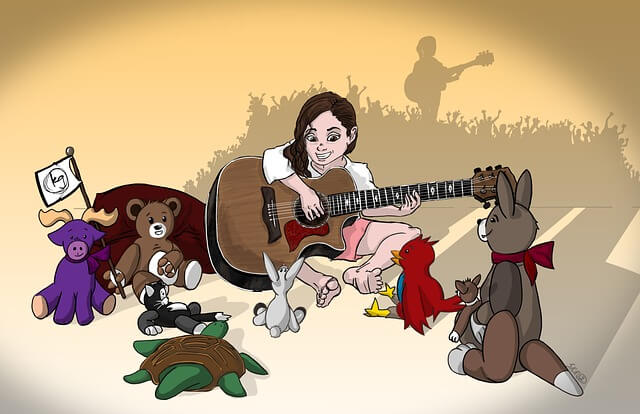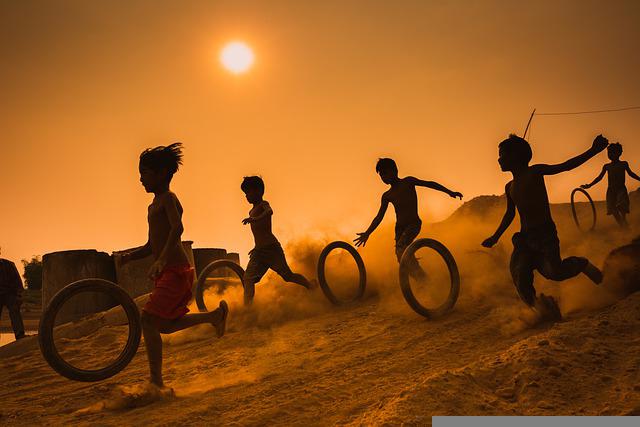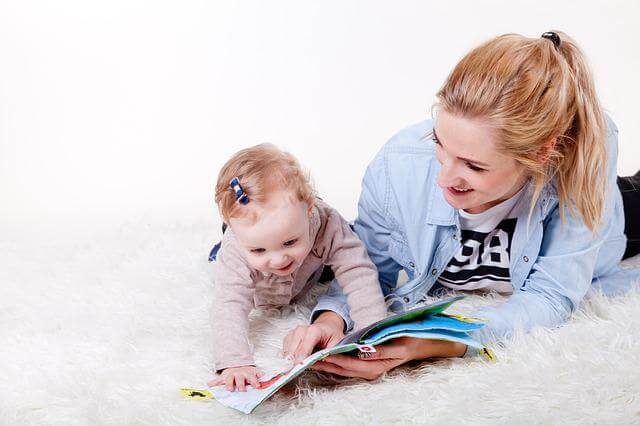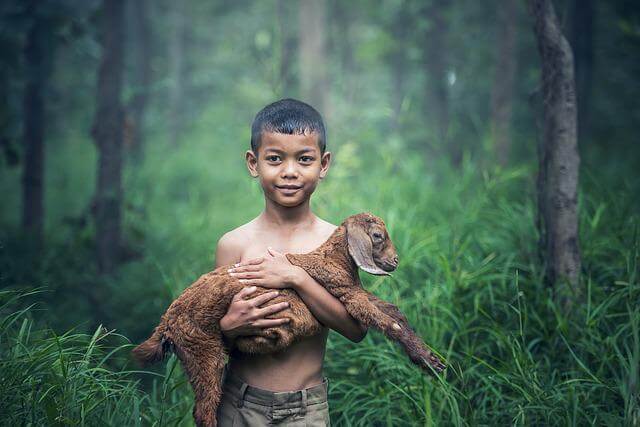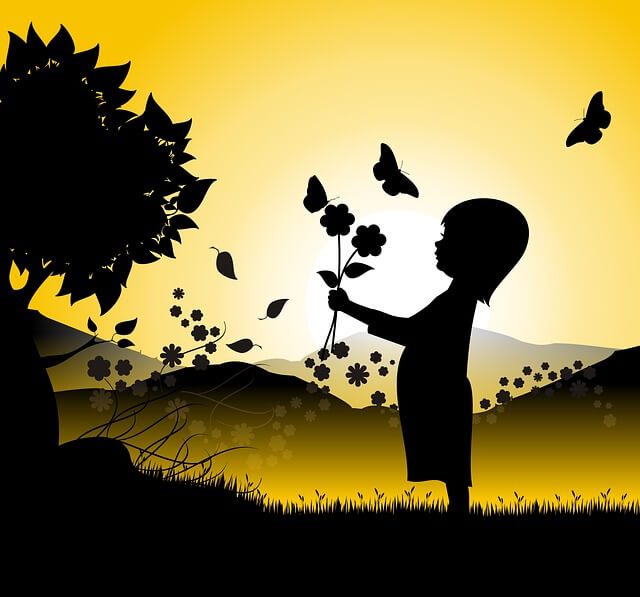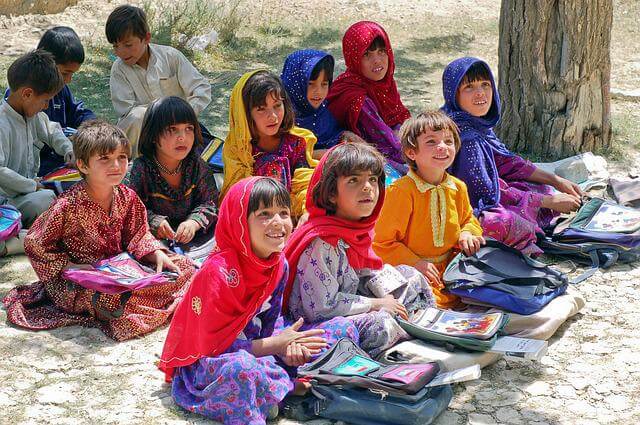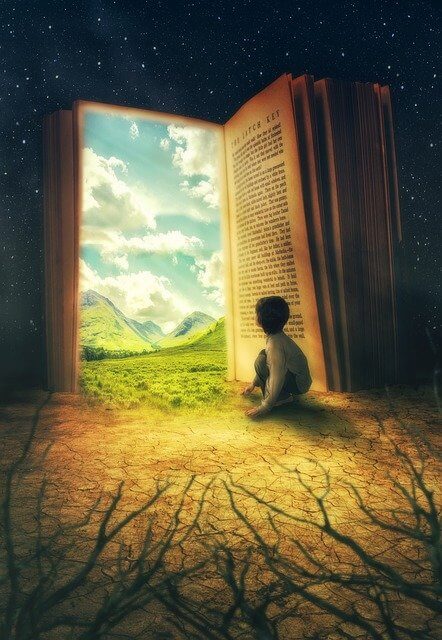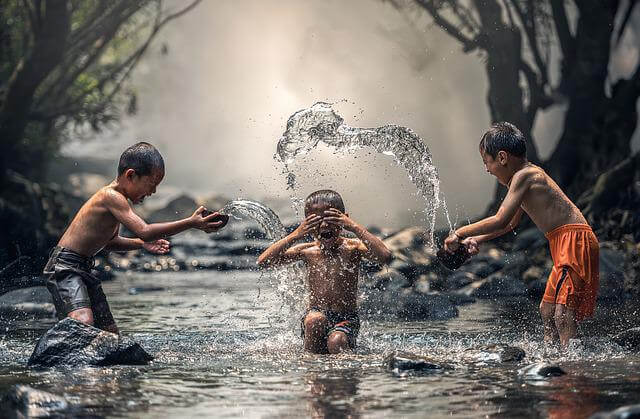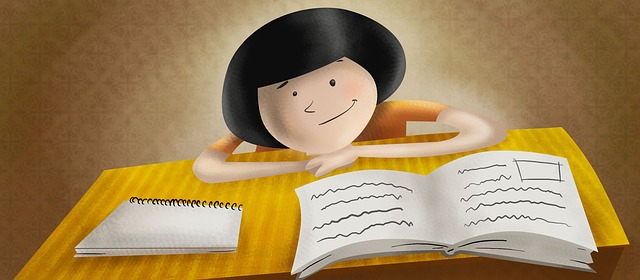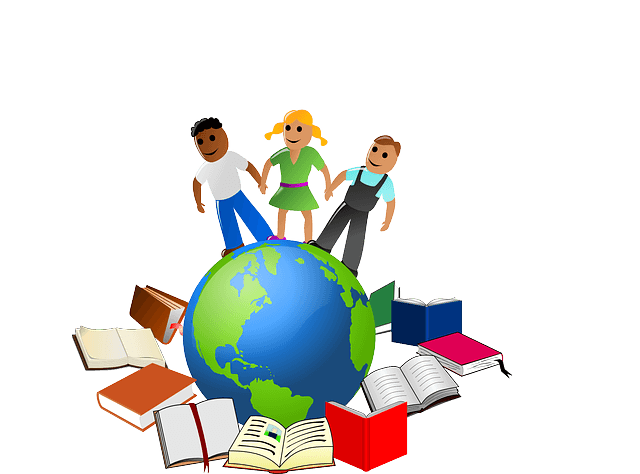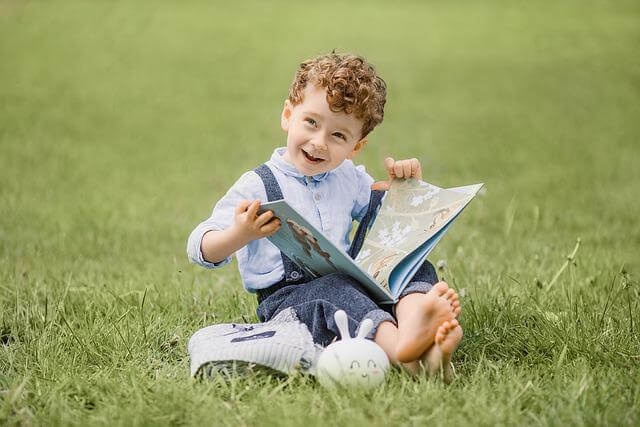child
المقررات الدراسية موسومة بـ "child"
Factors and skills involved in a child’s emotional
In this course, learn about the factors and skills involved in a childs emotional development.
Introduction
The emotional development of children relies on the relationship of the children with their carer or carers.The basis of the children’s emotional development is feeling:
· Loved
· Cared for
· Safe
· Supported
Under the above circumstances, children can learn how to love, control their feelings, show empathy, build strong relationships and care for themselves and other people.
You will learn
- List the areas of a child's development
- Understand what emotional development involves
- List the emotional skills involved in a child's emotional development
- Identify the factors that affect the emotional development of children
Imaginative Play and Their Role in Learning
Learn about the 4 different types of imaginative play and how children of different ages play imaginatively.
Introduction
Creative thinking and imaginative play are linked to the way children, from birth to 5 years of age, learn. Children learn from the world around them and from using their senses (meaning sight, sound, taste, touch and smell), while playing. Imaginary play helps children understand and use all the information they get through their senses.Imaginative play is when children are role-playing situations that they find interesting.
The most important benefit (meaning to gain an advantage in something) of imaginative play is that it prepares children for situations that they will have to face when they get older. It is a safe way for children to practice growing up, as they just pretend.
You will learn
- Understand what imaginative play is
- List the 4 different types of imaginative play
- Distinguish between the 4 different types of imaginative play: domestic play, fantasy play, superhero play and small world play
- Understand how children of different ages play imaginatively
Skills Involved in a Child’s Language Development
Understand the skills involved in a child's language development.
Introduction
The language development of children is central to their social and emotional development. Through language development, children become capable of understanding, listening, talking and communicating their needs, feelings and emotions.There are 2 main areas of language:
• Receptive language, where children listen and understand what is said to them or around them
• Expressive language, where children communicate their needs, thoughts and emotions; expressive language may be written, spoken or signed (sign language)
As in any other area of development, every child will develop their language skills in their own way and at their own rate.
You will learn
- List the areas of a child's development
- Understand what language development involves
- List the skills involved in a child's language development
The Factors Involved in a Child’s Social Development
In this course The Factors and Skills Involved in a Child’s Social Development, you will learn and understand what social development involves, the emotional skills involved and identify factors that affect the social development of children.
Introduction
Social development is an important part of a person’s life. Successful social development helps people live a fulfilling life, one that can be shared with family, friends, co-workers and acquaintances.
The social development of children is closely linked to their emotional development. Through play children learn that it is good to be with other people. When babies and toddlers play with adults, they learn that they can trust people. When young children play with each other they understand that they are happier when they are with their friends.
Social skills consist of the verbal and non-verbal communication between people. It includes the way people speak, make gestures and facial expressions, and their body language. Children that learn how to develop and use these skills can behave appropriately in social situations and follow social rules.
You will learn
- List the areas of a child's development
- Understand what social development involves
- List the emotional skills involved in a child's social development
- Identify the factors that affect the social development of children
Role of the Senses in Learning
In this course learn about each of the five senses and how they help children learn.
Introduction
Children learn through everything in their surroundings (meaning the world around them). In order to do that they use their senses:· Sound
· Touch
· Sight
· Taste
· Smell
You will learn
- Identify the five senses
- Identify how the senses help children learn
The Role of Sensory Aids in Learning
In this course, learn about sensory aids, how they can be used for stories and rhymes by the adult and child and the adult's role in storytelling and singing rhymes.
Introduction
Storytelling and rhymes help children learn in many ways. Storytelling and singing rhymes can become more enjoyable for children when adults use sensory aids. Sensory aids (sensory meaning something that has to do with the senses, such as sight, sound, touch, taste and smell, and aid meaning to help or support someone or something) are materials that stimulate (meaning to increase or raise levels of activities) the senses, for example sight, sound, touch, taste, and smell.
You will learn
- Name a few sensory aids and understand what sensory aids are and how they can be used for stories and rhymes
- Use puppets, picture cards and props to tell stories and rhymes
- Use sensory aids during storytelling and rhymes
- Help children take part in storytelling and singing rhymes
- Create storyline baskets
- Understand an adult's role in storytelling and singing rhymes
The Role of Music in Learning
Introduction
Music is very important for all childern.The ancient Greek philosopher ( considered to be one of the greatest philosophers, born in 384 BC), said that “Music has a power of forming the character and should therefore be introduced into the education of the young.” (Character means the qualities, such as temperament, that make a person).
Since then, the importance of music in child development has been proven by many scientists. Music is now an important part of the education (school) system.
Children can enjoy music by:
• Listening to music
• Singing
• Playing an instrument
• Dancing to music
You will learn
- Identify the ways that children enjoy music
- Understand the physical, academic, emotional and social benefits of music
- Choose appropriate music for babies, toddlers and young children
The factors that affect chid physical development
In this course learn about the factors which can affect a childs physical development.
Introduction
Physical development starts with infants and continues to adolescence. It includes:· Growth
· Motor skills
Growth is the physical changes that happen to a child, such as changes in weight, height and appearance.
Motor skills include gross motor skills and fine motor skills. These skills give children control over their body. They give, for example, coordination, the ability to walk or jump and the ability to use scissors.
Every child develops in their own way and at their own rate. As a child’s physical development progresses normally, the child becomes more confident which also benefits their social and emotional development.
Definitions
Adolescence – The time when a person develops from a child into an adult (usually through their teenage years), following the onset of puberty
Motor skills – Movements or actions
Appearance – The way someone looks
Gross motor skills – Bigger movements or actions
Fine motor skills – Small movements or actions
Coordination – Moving different body parts smoothly
You will learn
- List the areas of a childs development
- Understand what physical development involves
- Identify the factors that affect physical development
Factors Involved in a Child’s Language Development
In this course, you will understand the adult's role in a child's language development.
Introduction
The language development of children is central to their social and emotional development. Through language development, children become capable of understanding, listening, talking and communicating their needs, feelings and emotions.There are 2 main areas of language:
• Receptive language, where children listen and understand what is said to them or around them
• Expressive language, where children communicate their needs, thoughts and emotions; expressive language may be written, spoken or signed (sign language)
As in any other area of development, every child will develop their language skills in their own way and at their own rate.
You will learn
- List the areas of a child's development
- Understand what language development involves
- Understand the adult's role in a child's language development
Skills involved in a child's intellectual development
In this course Factors & Skills Involved in a Child's Intellectual Development, learn and understand what intellectual development involves, the skills involved and the factors that affect the intellectual development of children.
Introduction
The intellectual development of children is what helps them to understand the world they live in. Intellectual development consists of all the things that help children:• Think
• Remember
• Learn
• Solve problems
• Organise
Every child develops in their own way and at their own rate. As a child’s intellectual development progresses normally, the child becomes more confident, which also benefits their social and emotional development.
You will learn
- List the areas of a child's development
- Understand what intellectual development involves
- List the intellectual skills involved in a child's intellectual development
- Identify the factors that affect the intellectual development of children
The benefit of learning through science
In this course, learn about the benefits of children using science during play.
Introduction
A science investigation happens when children use their senses in order to understand how things work around them.Children are curious by nature. Telling children how things work can make them lose interest.
Children learn best by playing, exploring and doing the investigating themselves, with as little explanation as possible from the adults.
Science activities should be hands-on, fun and very simple, in order to be successful.
You will learn
- Understand what science and science investigations are
- List the steps of a guided exploration
- Understand the physical, academic, emotional, social and cognitive benefits of leaning through science
Benefits of Learning in the Natural World
In this course, learn about the natural world and the benefits to children of playing in the natural world.
Introduction
The natural world consists of everything that surrounds us that was not made by people. The natural world is also known as the natural environment or the outdoors. It consists of the soil, grass, flowers, trees, sand, sea, forests, fields, gardens and much more. The natural environment is a great source of information and fun for children of all ages. Learning outdoors is the result of playing outdoors and has many benefits for
You will learn
- Understand what the natural world is
- List the physical, academic, emotional, social and cognitive benefits of playing in the natural world.
The Benefits of Imaginative Play
Learn what imaginative play is and how it helps children develop physically, academcally, emotionally, socially and cognitively.
Introduction
Children learn from the world around them. They learn from using their senses (sight, sound, taste, touch and smell), while playing. Imaginary play helps children understand and use all the information they get through their senses.Creative thinking and imaginative play are linked to the way young children,Imaginative play is when children are role playing situations that they find interesting.
The most important benefit of imaginative play is that it prepares children for situations that they will have to face when they get older. It is the safest way for children to practice growing up as they just pretend.
Imaginative play gives the opportunity to children to travel with their imagination from the real to a pretend world.
Creating a pretend world does not require anything apart from creativity, imagination and everyday objects that can be found in their environment.
Children also enjoy imaginative play outdoors. Playing outside can give more opportunities for them to discover and use their senses. For example, they can use their surroundings to pretend they are explorers in the jungle.
You will learn
- Understand what imaginative play is
- List how imaginative play helps children learn and develop physically, academically, emotionally, socially and cognitively
Learning Through Sensory Play and Investigation
Learn about how children learn through sensory play and investigation, the benefits, pioneers and consider examples of multi-sensory investigation.
Introduction
Philosophers (that is, people who are interested in knowledge, life, truth, and nature) and teachers have been studying how children learn for many years. The idea that children learn through their senses was explored by John Locke and Maria Montessori.
Sensory play is play that stimulates (encourages the use of) the child’s senses. Sensory play:• Creates a happy, fun environment that helps children learn
• Can happen indoors (inside a house, classroom or building) and outdoors (outside buildings, in a garden, park or seaside)
• Can be endless, there are many ideas and resources available in books and on the Internet
You will learn
- Name two pioneers of learning through the senses
- Understand what sensory play and sensory investigation are
- Identify how the senses can be used for learning through investigation
- Understand the benefits of sensory play and investigation
Learning Through Play Theorists
Introduction
Learning theories suggest how children learn, how they keep the information and how they recall the information that they have learned.Through the years many philosophers, teachers and psychologists have tried to answer these questions.
The main learning theories that have been created are behaviourism and constructivism.
Behaviourism suggests that the child has no previous knowledge and that children learn when new behaviours are created.
Constructivism suggests that during learning, the children build what they know instead of just getting it. Knowledge is built based on person experience, we look into the learning theorists that supported constructivism and their views on learning through play.
You will learn
- List the theorists that introduced learning through play
- Identify the theorists through the theories they supported
Learning through science
In this course, learn about how children can use science to play, learn and explore.
Introduction
A science investigation happens when children use their senses in order to understand how things work around them.Children are curious by nature. Telling children how things work can make them lose interest.
Children learn best by playing, exploring and doing the investigating themselves, with as little explanation as possible from the adults.
Science activities should be hands-on, fun and very simple, in order to be successful.
You will learn
- Understand what science and science investigations are
- List the steps of a guided exploration
- Identify the science concepts that are suitable for toddlers and young children
- Understand how to choose science activities for toddlers and young children
- Understand the adult’s role in the preparation and execution of science activities
Revision on Childcare -1
The Revision
Answer all questions covering the subject of childcare, speciafically how children learn through their senses, sensory play and investigation, stories and rhymes with the help of sensory aids, music, science, imaginative play and playing outdoorsObjectives
You will answer 24 questions covering the
whole subject of childcare and specifically how children learn through:· Their senses, sensory play and investigation
· Stories and rhymes with the help of sensory aids
· Music
· Science
· Imaginative play
· Playing outdoors
Revision on Childcare -2
This is revision session, and will test your knowledge of the subject of childcare - part 2.
The Revision
Answer all questions covering the subject of childcare, speciafically how children learn through their senses, sensory play and investigation, stories and rhymes with the help of sensory aids, music, science, imaginative play and playing outdoorsObjectives
You will answer 28 questions covering the whole subject of childcare and specifically about children’s:· Physical development
· Intellectual development
· Language development
· Emotional development
· Social development
Learning in the Natural World
In this curse, learn about the natural world and the benefits to children of playing in the natural world.
Introduction
The natural world consists of everything that surrounds us that was not made by people. The natural world is also known as the natural environment or the outdoors. It consists of the soil, grass, flowers, trees, sand, sea, forests, fields, gardens and much more. The natural environment is a great source of information and fun for children of all ages. Learning outdoors is the result of playing outdoors and has many benefits for children.
You will learn
- Understand what the natural world is
- List the physical, academic, emotional, social and cognitive benefits of playing in the natural world
Learning and physical development
In this course, learn about what is physical development in relation to babies, toddlers and young children.
Introduction
Physical development starts with infants and continues to adolescence. It includes:· Growth
· Motor skills
Growth is the physical changes that happen, such as changes in weight, height and appearance.
Motor skills include gross motor skills and fine motor skills. These skills give a child control over their body. They give, for example, coordination, the ability to walk or jump and the ability to use scissors.
Every child develops in their own way and rate. As a child’s physical development progresses normally, the child becomes more confident which also benefits their social and emotional development.
You will learn
- List the areas of a childs development
- Understand what physical development involves
- Identify what the physical development of babies, toddlers and young children involves.


